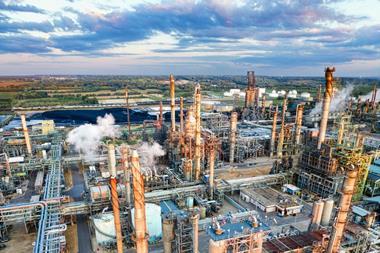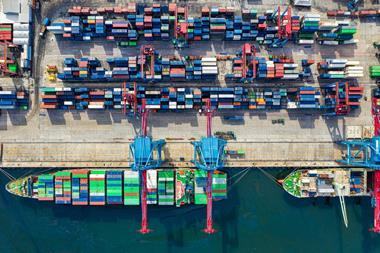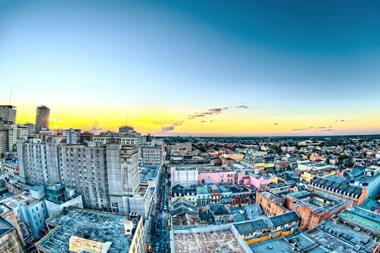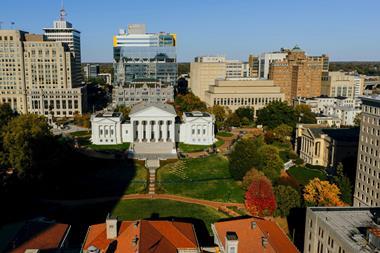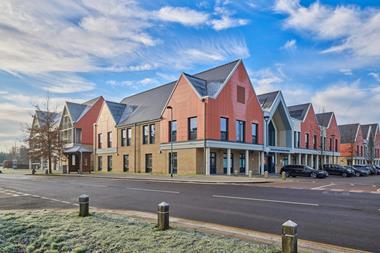GLOBAL - Schroders, the asset manager, is hoping to tap into growing global demand for food production by investing in agricultural land.
While the bulk of the asset management focus has been on the growth of commodities investments over the last 12-24 months, few real estate managers have shown real interest in buying into the land itself until now, so Schroders is attempting to target what is expected to be a 44% growth in the global population over the next 40 years by delivering a hybrid fund spanning the real estate, private equity and equity markets.
The Agricultural Land Fund will open to investors next month as a Guernsey-domiciled, London-listed closed-end investment trust, led by fund manager Mark Bridgeman with a team of specialists in this space.
Officials are hoping to deliver investors, such as pension funds and institutional investors, a net return of 10-15% per annum over a five to 10-year period, by investing at least 25% of the fund will be invested in agricultural land-related equities and commodities rather than all in the land itself.
William Hill, head of Schroder Property, claimed investing in agricultural land "makes sense" because the niche sector is seen as having "significant diversification benefits" for investors with traditional commercial real estate portfolios.
Bridgeman, who will be managing the fund, on the other hand points out while food consumption is growing, productivity improvements have slowed so part of its strategy is to invest in companies and funds which "will generate capital and income from the efficient management of land", as well as holding direct stakes in agricultural land.
This not the first major investment in agricultural land, though perhaps higher profile than known strategies elsewhere, such as the Bulgarian Agricultural land real estate investment trust (REIT) launched by Bulgarian asset manager Elana in 2005.
Elana now has over 1000 shareholders to its Reit and continues to express strong investment potential in the market, as the fund manager argues the value of agricultural land will perform the purchase price by over 50% by 2010.
More specifically, data provided with a commentary on the agricultural land market suggests whereas the cumulative average acquisition price of land in Bulgaria was €1058 per hectare in 2007, accompanied by an average market price of €1230, by 2010 that will rise to a cost of €1329 per hectare and a potential return of €2150.
This commentary looks only at Bulgaria, but the growth of demand for food production and its impact on soft commodities such as wheat has led to a significant growth in the value of such commodities and the land they will need to be grown on to meet demand.





